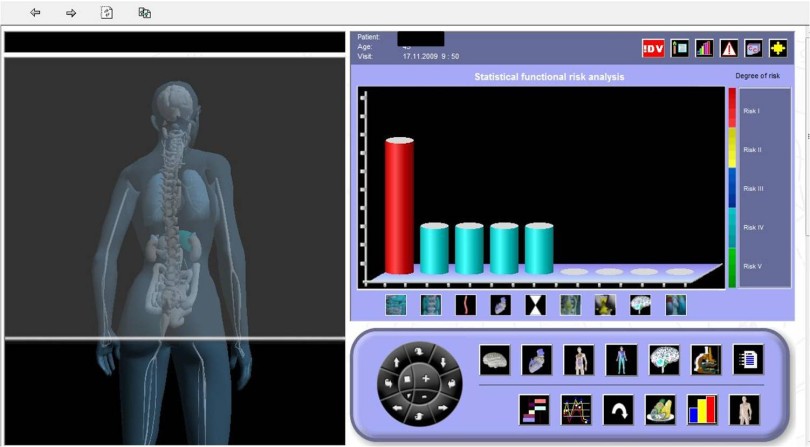Without the scan, he could have died. Could it save your life?
Have You Heard the Saying “He Died of a Heart Attack without Any Warning, He was Gone Without a Second Chance”
It occurs all too often, “He died suddenly, never really had a sick day in his life! It just doesn’t seem fair”. Sarah was so excited when the EIS became available. The reason for this is that over the Christmas break Sarah sadly attended the funeral of a close friend who passed away suddenly of a heart attack, with no warning and no second chance.
Preventative health is about looking for the early warning signs and educating you on how to recognise and eliminate these warning signs before they take effect.
Great news when it comes to looking at the early warning signs of heart disease. EIS is a scientifically validated, total body health monitoring device which allows us to quickly and non-invasively assess the health status of your major organs. This means that you will reduce your risk of potentially serious disease.
It is so comprehensive it analyses all of your body systems including: Respiratory, Digestive, Immune, Cardiovascular, Brain and Nervous System as well as your Hormonal system, Neuromuscular System, Urogenital System and Metabolic Functions.
This means you don’t have to wait for something bad to happen. The EIS was designed by a medical practitioner with detection of early ‘warning signs’ in mind. It is a monitoring system to allow you to see early indicators of trouble creeping up on you. The TGA approval for this system states: “It is used to detect, record, and map the differences in capacitance and resistance between neoplastic (neoplasm or tumour) and surrounding normal tissue”. This is to say that it may be able to determine if you are at risk of cancer.
The EIS will show you a picture of your heart which could reveal inflammation of the coronary vessels around the heart. I have treated patients with no physical signs or symptoms of heart disease including low blood pressure, but have shown extreme inflammation in the coronary vessels and carotid arteries. Thanks to the EIS, we were able to make changes to their treatments immediately, reducing their risk of heart attack and stroke, and showing a healthy scan just weeks later.
Information on Neurological Function is critical when statistics show that 1 in 5 people suffer with depression. The EIS shows areas of the brain that are affected by inflammation. This is very useful in monitoring risk of dementia or Alzheimer’s disease as well as treating depression.
For more information about the EIS, phone or come in for a free half hour consultation to see what the test is like and what it may be able to do for you.




